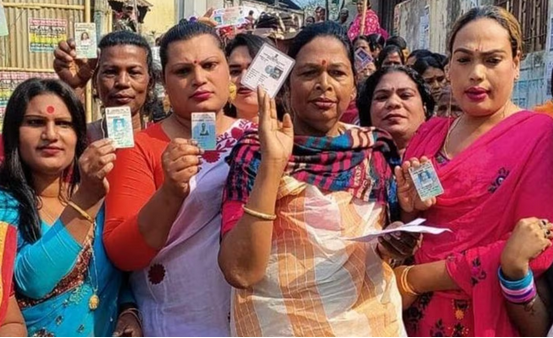Equality and identity: On the findings of the Bihar caste count
Equitable distribution of resources must not be by accentuating caste identity
The significance of Bihar conducting a caste survey and publishing a caste-wise count of its population is quite immense . The survey, which had all the trappings of a census, complete with a two-stage process of house-listing followed by the eliciting of information from the households, has shown that 63% of Bihar’s 13 crore population belong to castes listed under the Extremely Backward Classes (EBC) and Other Backward Classes (OBC) categories. The socio-economic profiles of the people have also been recorded, but are yet to be revealed . At the national level, it may give a boost to the political demand for a country-wide caste census and push the judicial discourse towards reconsidering the 50% legal ceiling on total reservation in education and government services. In terms of party politics, it may open a new chapter in the traditional conflict between the BJP seeking to consolidate all sections of Hindus into one massive support base and other parties banking on different sections of the OBCs. At a time when Hindutva is seen to have trumped parties that banked on OBC assertion , influential social groups may now sense an opportunity to leverage their size to get their interests advanced by the political class. On the legal side, the numbers may be utilised to present the sort of ‘quantifiable data’ that the judiciary has been asking for to justify the levels of reservation obtaining in various States.
Bihar’s exercise marks a precedent on how a caste count should be conducted. The methodology included giving a code to each of the 214 castes in the State’s lists of castes. Sub-castes and sects were identified in advance and subsumed under a broader caste name. This meant that the enumerators could assign a code to any caste name given by a respondent . A major reason for the Union government not releasing the caste-related details of its 2011 ‘Socio-economic and Caste Census’ was that the data it yielded was too confusing and unwieldy . As many as 46 lakh castes were named by the people, presumably because they gave castes, sub-castes, sects, clans , and surnames when asked to name their castes. While there are functional and practical advantages to knowing exact caste numbers, it is not to be forgotten that the larger goal of the Constitution remains the attainment of a casteless society. Affirmative action indeed helps address inequities in society. The state must also look-for ways to ensure equality of opportunity and equitable distribution of resources without accentuating caste identity.
